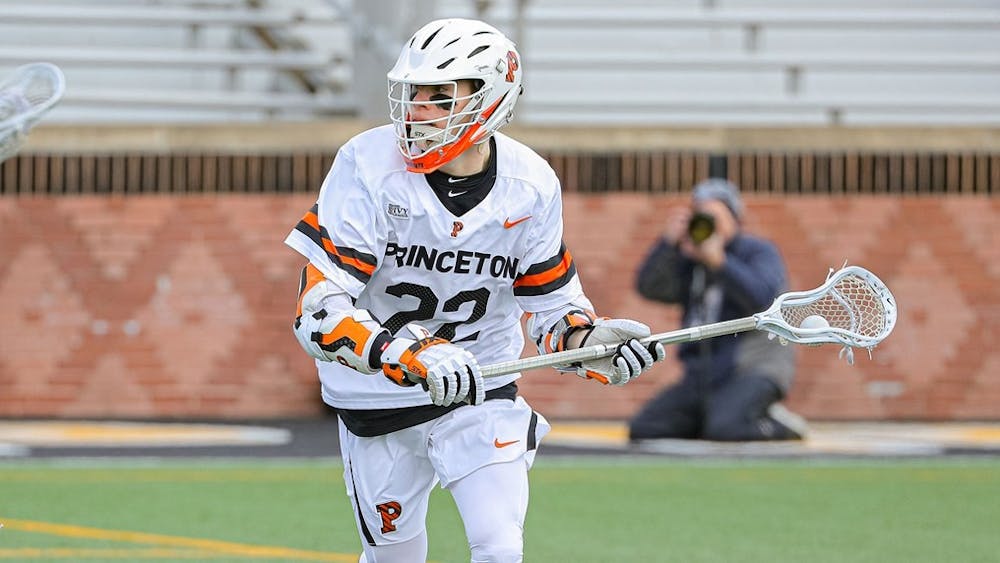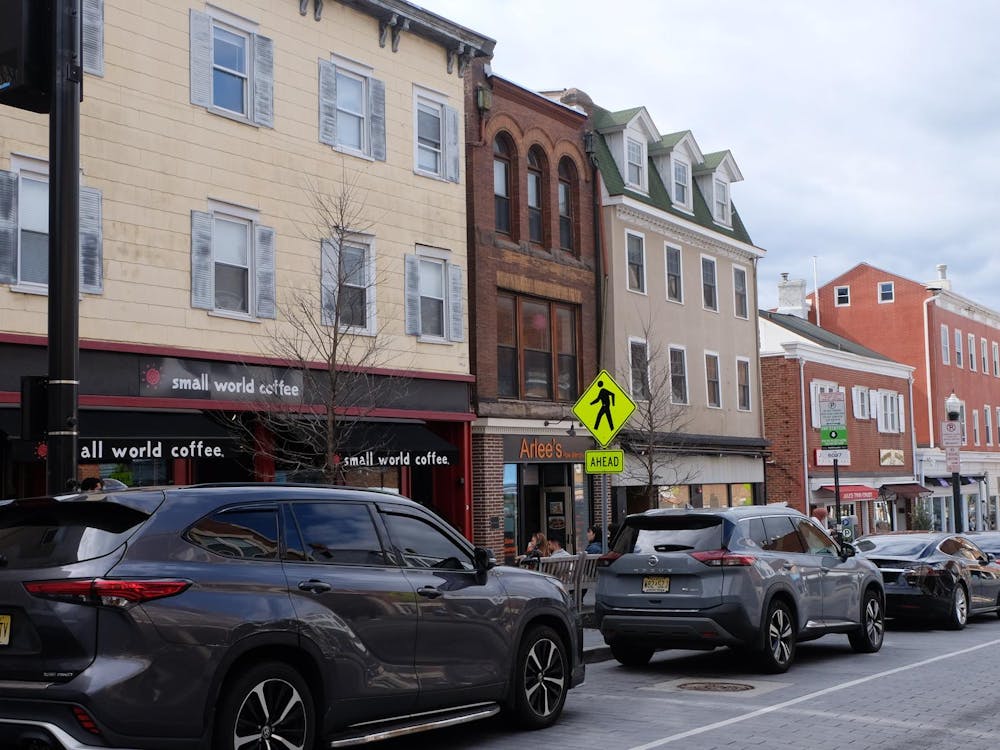Dear President Eisgruber ’83,
Most importantly, we hope you and your family are well under the difficult circumstances in which we all find ourselves. We also want to thank you for your well-recognized and strong leadership of Princeton University. As alumni (and somewhat broken-down old lacrosse players), we are deeply proud of the University, its preeminent place in higher education, and the unparalleled opportunities it afforded us.
We hesitated to write to you because we feel you've done an outstanding job leading the University, especially with the gravity of the current pandemic, because you are obviously facing many unforeseen and serious challenges every day. However, we feel compelled to reach out to you on this issue because we feel strongly that Princeton has made the wrong decision on not permitting its students to withdraw and come back next spring. We have never written an email like this to Princeton or even to our children’s schools when they had issues that we felt were unfair. Our attitude is that there is plenty of adversity that everyone must overcome on their own, without paternalistic or gratuitous intervention from us. This pandemic certainly does put sports in perspective, so we had to get over a high bar before writing this note and intruding on your day.
However, we have to express our strong disagreement with the decision not to allow our athletes the opportunity to withdraw with eligibility to play their chosen sport next spring. We may be focused on lacrosse and the incredible promise that the team and extraordinary players like Michael Sowers ’20 had this year, but the same certainly applies to the other spring sports. Indeed, there may be other special situations that warrant similar consideration — for example, the biochemistry major who is working on her thesis in a specialized field and has her lab work disrupted by the pandemic. We submit that the numbers will be small, but the impact on the students affected is massive — and that the University’s reputation would only be enhanced by its compassionate and flexible actions.
The rationale for the decision that we saw in The Daily Princetonian — “the University’s strong belief that students should remain in school now more than ever” — rings incredibly hollow. Some of us have college students upstairs in their bedrooms as we write, taking remaining courses online but spending much of their time twiddling thumbs, playing with their cats or dogs, and catching up on Netflix shows they've missed at school. We believe athletes could withdraw, put their time out of school to good work through internships or community service, continue to work on their theses, and then return to finish their senior year with greater maturity, filled with tremendous and appreciative resolve. This exception would still preserve the Ivy League’s historic disapproval of graduate students playing undergraduate sports, although it's very likely some of our students will transfer outside the Ivies if the decision remains, and it is our understanding that allowing them to return would be consistent with what a Princeton athlete can do if they miss a season due to injury.
This pandemic is an unforeseen, one-off, black swan event in human history that calls for maximum flexibility in our society. There are myriad examples of industries and institutions making extraordinary decisions to accommodate the reality of this crisis in pragmatic and empathetic ways. For example, law students in many jurisdictions are being excused from the bar exam. Medical students are graduating early, skipping internships, and immediately going to the front lines at hospitals. Law firms and companies like ours are making all sorts of allowances to preserve jobs and assist employees who are struggling to work from home and care for little kids. Federal Reserve Chair and Princeton alumnus Jay Powell ’75 is taking unprecedented actions to prop up our economy. Again, we realize we are talking about sports eligibility, an issue that pales in comparison to the dramatic impacts of the virus on individuals, families, and society. We feel a little petty even raising this issue under the circumstances, but as dedicated and loyal alumni, we see the University’s position as rigid and disconnected from how the rest of the world is trying to mitigate the impact of this disaster, however it can.
We appreciate your indulgence of our views and fervently hope you will reconsider the decision. The University could still emerge as empathetic to the impact on its students and a leader under these difficult circumstances. We can also represent that we speak for a large number of other Princeton lacrosse alumni.
Our very best wishes to you, your family, and the Princeton community.

Wick Sollers ’77
Dave Tickner ’77
Tom Leyden ’77
Howard “Cookie” Krongard ’61

Ken McNaughton ’78
Steve Lang ’77
Gilles Carter ’78
Michael Butkus ’78
William G. Cronin ’74
Bill Mitchell ’78
Rob Brawner ’96
Boota deButts ’80
Sean O'Neill ’76
Kevin Lonnie ’76
Francis Smyth ’82
Peter Smyth ’12
James Fernandez ’82
Otey Marshall ’84
Tiger Joyce ’82
Bruce Gehrke ’83
Ben Griswold ’62
Rob Coughlin ’84
Mike Neary ’82
Brian McGovern ’84
Stewart Finney ’81
Tom Smyth ’81
Ren Scott ’78
Charlie Marshall ’79
Dana Seero ’75
Lacy Rice ’83
Calvin Cobb ’80
Bob Flippin ’83








